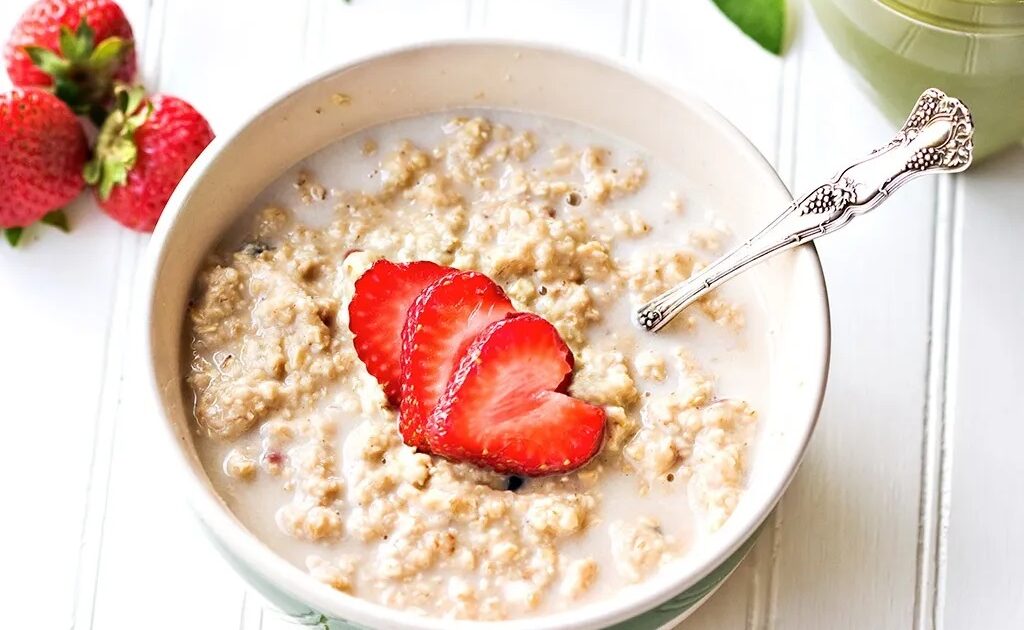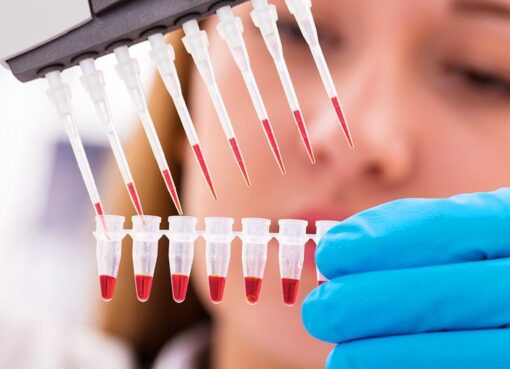In today’s fast-paced world, many people are searching for ways to boost their energy levels and metabolism to keep up with demanding schedules and achieve their personal and professional goals. Feeling sluggish or experiencing a slow metabolism can be frustrating, especially when it starts affecting your ability to focus, work, and stay active. Fortunately, there are natural lifestyle changes and supplements that can enhance energy and metabolic function, helping you feel more energized, focused, and motivated.
This article will explore various strategies that can help improve your energy levels and metabolism, including dietary adjustments, exercise, and the potential benefits of supplements like NAD. By understanding how your body processes energy and how to optimize these processes, you can unlock sustained vitality and a more efficient metabolism.
The Science Behind Energy and Metabolism
Your metabolism is the set of processes your body uses to convert food into energy. It includes everything from digesting and absorbing food to using that energy to fuel bodily functions and physical activity. A healthy metabolism is essential for maintaining energy levels, supporting muscle function, and regulating weight.
Similarly, energy levels are largely determined by how efficiently your body converts nutrients into usable fuel. A slow metabolism can contribute to feelings of fatigue and sluggishness, while a well-functioning metabolism ensures a steady supply of energy throughout the day.
To optimize both energy and metabolism, a holistic approach is necessary—one that involves proper nutrition, exercise, sleep, and sometimes targeted supplementation.
Lifestyle Changes for Boosting Energy and Metabolism
- Stay Active
Exercise is one of the most effective ways to boost both energy levels and metabolic function. Physical activity stimulates the production of mitochondria, the energy factories of your cells, which helps increase your body’s energy production. Moreover, regular exercise boosts your metabolic rate, allowing you to burn more calories even at rest.
Aerobic exercise, like walking, running, or swimming, is particularly effective for increasing metabolism, as it improves cardiovascular health and stimulates fat burning. Strength training exercises help build lean muscle mass, which can also raise your metabolism since muscle tissue requires more energy to maintain than fat.
Aim for a mix of aerobic activity and strength training for optimal results. Even small changes, like taking the stairs or walking after meals, can have a significant impact on energy and metabolic function.
- Eat Balanced, Nutrient-Dense Meals
What you eat plays a significant role in boosting energy and metabolism. Consuming a balanced diet that includes a variety of whole foods can help fuel your body and regulate your metabolism.
- Protein: Including a source of lean protein—such as chicken, fish, tofu, or legumes—in each meal can help increase your metabolism. Protein requires more energy to digest compared to fats and carbohydrates, a process known as the thermic effect of food (TEF). Eating protein also promotes muscle building, which can further boost metabolism.
- Healthy Fats: Healthy fats, like omega-3s found in fish, flaxseeds, and walnuts, help support cellular function and hormone regulation, both of which are crucial for energy production and metabolic processes.
- Complex Carbohydrates: Whole grains, vegetables, and fruits provide a steady supply of energy through their high fiber content, helping to maintain stable blood sugar levels and preventing energy crashes.
- Hydration: Staying hydrated is essential for maintaining energy levels. Dehydration can lead to fatigue and sluggishness, so it’s important to drink enough water throughout the day to keep your metabolism functioning properly.
- Optimize Sleep Quality
Sleep is essential for energy recovery and metabolic function. During sleep, your body repairs and rejuvenates cells, replenishes energy stores, and regulates hormones that control hunger and metabolism. A lack of quality sleep can lead to increased hunger, cravings, and a slower metabolism, all of which can contribute to weight gain and fatigue.
Aim for 7-9 hours of restful sleep each night. To optimize sleep quality, consider creating a relaxing bedtime routine, limiting screen time before bed, and making your sleep environment as comfortable and dark as possible.
- Manage Stress Levels
Chronic stress can take a significant toll on both your energy levels and metabolism. When stressed, the body releases cortisol, a hormone that can slow down metabolism, increase fat storage, and cause feelings of fatigue.
Practices such as mindfulness, deep breathing, yoga, or spending time outdoors can help manage stress and support better metabolic health. Additionally, regular exercise is a proven way to reduce stress and improve both mood and energy.
The Role of Supplements in Enhancing Energy and Metabolism
While lifestyle changes are crucial for boosting energy and metabolism, certain supplements can offer additional support. One such supplement is NAD (nicotinamide adenine dinucleotide), a coenzyme that plays a key role in cellular energy production and metabolism.
NAD Supplement Benefits
NAD is a vital compound that helps convert food into energy within the mitochondria of your cells. It also plays a critical role in DNA repair and the regulation of metabolic processes. However, as we age, NAD levels naturally decline, leading to decreased energy production and slower metabolism.
Supplementing with NAD precursors, like nicotinamide riboside (NR) or nicotinamide mononucleotide (NMN), has been shown to help restore NAD levels in the body, supporting mitochondrial function and energy production. This can result in improved energy levels, better endurance, and enhanced metabolic function.
In addition to boosting energy, NAD supplements may have benefits for overall longevity, cognitive function, and cellular repair. Although research is still ongoing, early studies suggest that NAD supplementation could play a role in slowing the effects of aging and promoting long-term health.
Other Supplements to Support Energy and Metabolism
- Caffeine: Found in coffee, tea, and certain supplements, caffeine is a well-known stimulant that can provide an immediate energy boost. It works by stimulating the central nervous system and increasing alertness, which can help you feel more awake and energized throughout the day. However, it’s important to use caffeine in moderation to avoid energy crashes.
- B Vitamins: B vitamins, including B12 and B6, are crucial for energy production. They help convert food into energy and support the nervous system. Deficiencies in B vitamins can lead to fatigue and sluggish metabolism, so supplementing with B vitamins may help boost energy levels.
- Green Tea Extract: Rich in antioxidants, green tea extract contains catechins, which have been shown to enhance fat burning and boost metabolism. Additionally, the combination of caffeine and catechins may improve focus and alertness.
Conclusion
Boosting energy and metabolism naturally is a holistic process that involves lifestyle adjustments, balanced nutrition, regular exercise, and the right supplements. By implementing these changes and considering the benefits of NAD supplementation, you can optimize your body’s energy production and metabolic function, helping you feel more vibrant, focused, and productive.
Whether you’re looking to improve your daily energy levels, support your metabolic health, or slow down the aging process, small changes in your routine can lead to significant benefits. Start today by incorporating these strategies into your life and unlock a more energetic, healthier version of yourself.





